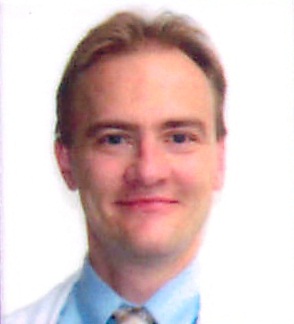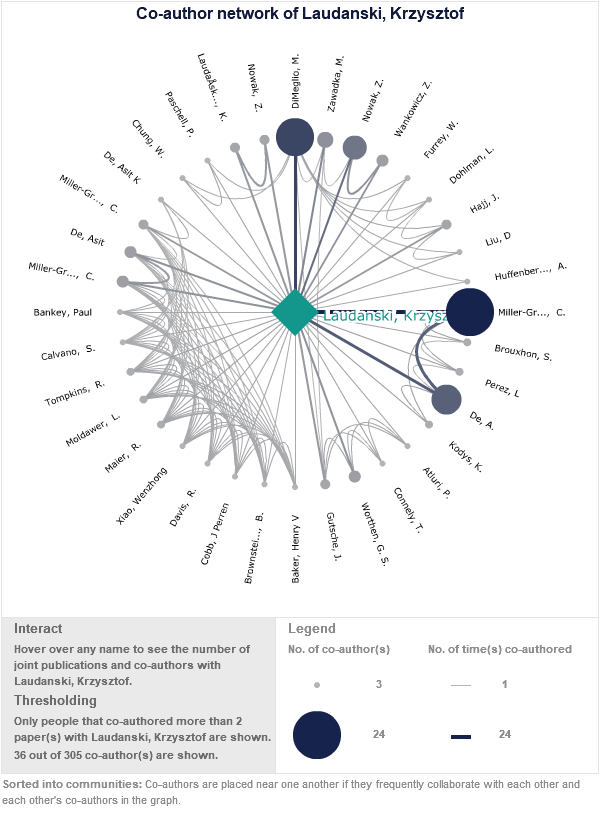PI
 My research career began in 1994 at the Department of Physiology at Warsaw Medical University, where I studied the neuronal mechanisms of blood pressure regulation. After graduating summa cum laude, I received a scholarship from the Worcester Institute for Student Exchange to work with Dr. Miller-Graziano at the University of Massachusetts and the University of Rochester. At these institutions, I sought to understand the immune dysfunction of patients after critical insults. I learned advanced skills in immunology, protein analysis, molecular biology, advanced flow cytometry, and RNA silencing. While working on the Large Collaborative Project (Glue Grant), I interacted with numerous, prominent figures in the fields of trauma, immunology, and critical care. I received my PhD in 2011, based on my research into post-trauma monocyte dysfunction. During this time, I also completed a residency in anesthesiology at the University of Florida, and a critical care fellowship at Beth Israel Deaconess Medical Center. These clinical experiences further focused my research interests on persistent immune dysfunction after any kind of critical illness. In 2011, the University of Pennsylvania recruited me as a Clinician Educator/Assistant Professor to develop a research program focused on immunological mechanisms of critical care illness.
My research career began in 1994 at the Department of Physiology at Warsaw Medical University, where I studied the neuronal mechanisms of blood pressure regulation. After graduating summa cum laude, I received a scholarship from the Worcester Institute for Student Exchange to work with Dr. Miller-Graziano at the University of Massachusetts and the University of Rochester. At these institutions, I sought to understand the immune dysfunction of patients after critical insults. I learned advanced skills in immunology, protein analysis, molecular biology, advanced flow cytometry, and RNA silencing. While working on the Large Collaborative Project (Glue Grant), I interacted with numerous, prominent figures in the fields of trauma, immunology, and critical care. I received my PhD in 2011, based on my research into post-trauma monocyte dysfunction. During this time, I also completed a residency in anesthesiology at the University of Florida, and a critical care fellowship at Beth Israel Deaconess Medical Center. These clinical experiences further focused my research interests on persistent immune dysfunction after any kind of critical illness. In 2011, the University of Pennsylvania recruited me as a Clinician Educator/Assistant Professor to develop a research program focused on immunological mechanisms of critical care illness.
Process of self-actualization requires me to be creative, adaptive and innovative. I committed to being an eclectic scientist and positive change disruptor. I envision myself as a physician who can bridge diverse areas of research and clinical care with a humanistic approach. My career trajectory reflects my eclectic values.
My areas of focus include:
- Double boarded anesthesiologist and critical care physician with strong experience in heart & vascular, neuro, surgical and trauma ICU with a concentration on ECMO, VAD and process improvement.
- Research portfolio centered around epigenetic modulation of the homeostasis recovery after critical care illness.
- Innovation in telemedicine, alternate system healthcare delivery and AI as decision making aid.
- Talent management and prevention of waste.
- Mentoring of under-represented yet talented students.
- Medical tourism and hospitality.
- Volunteering in austere or disaster settings.
